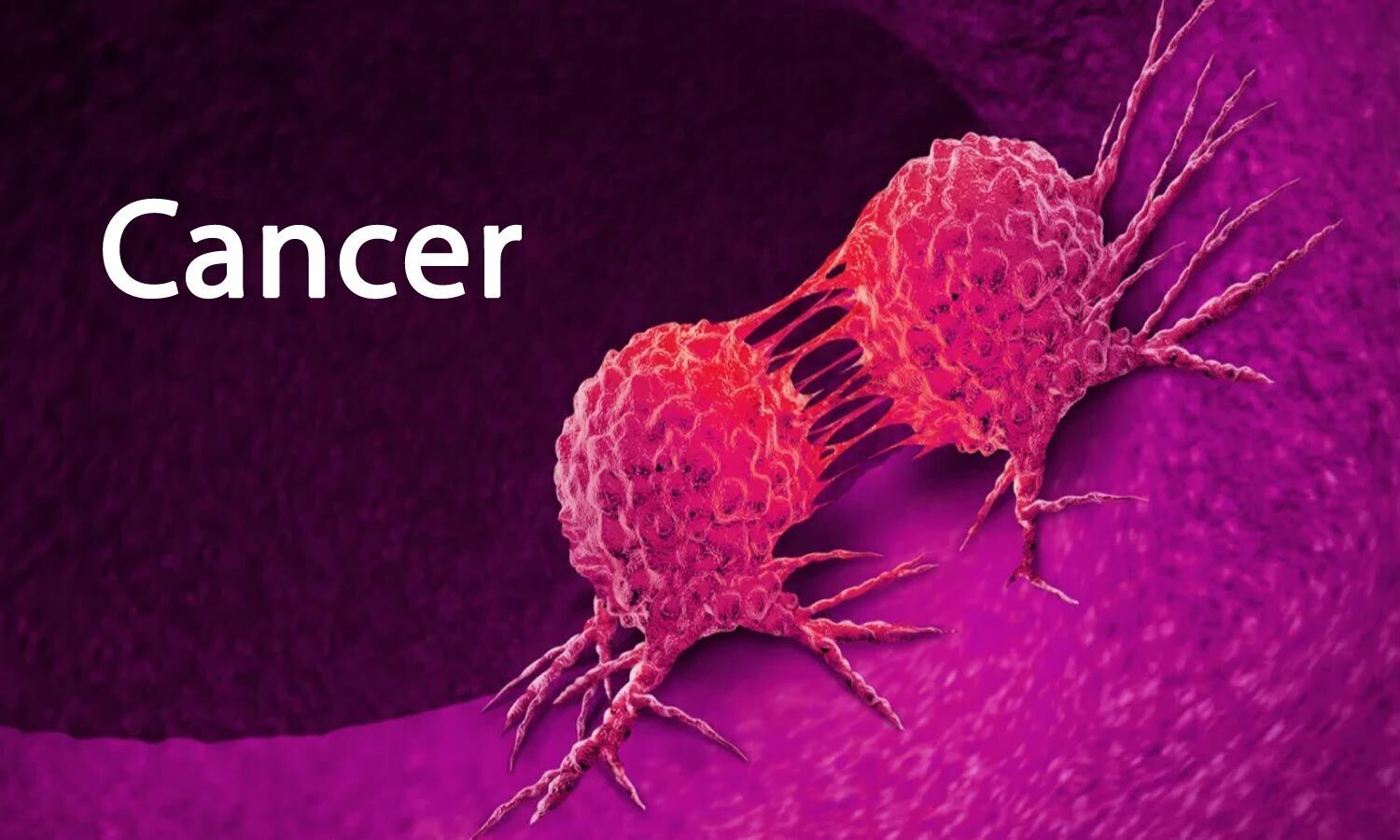Cancer Hospital in Nashik

Cancer
At our Cancer Hospital in Nashik, we provide advanced, comprehensive, and compassionate care for patients diagnosed with different types of cancer. Our multidisciplinary team of oncologists, surgeons, and specialists works together to offer personalized treatment plans using modern technology and evidence-based medical practices.
We believe that early detection, accurate diagnosis, and the right treatment approach can make a significant difference in cancer outcomes.
What is Cancer?
Cancer refers to a collection of diseases in which abnormal cells grow and multiply uncontrollably, spreading throughout the body. These cells can form tumors and may invade nearby tissues or metastasize to other organs.
When the body’s normal mechanisms that regulate cell growth fail, it leads to the development of cancer. It can affect almost any organ and varies greatly in severity, treatment response, and prognosis.
Key Aspects of Cancer
Common Types of Cancer
1. Breast Cancer
This cancer primarily develops in breast tissue and is most common in women, though it can also occur in men.
Early Detection: Regular self-examinations and mammography screenings at our Cancer Hospital in Nashik greatly improve treatment success rates.
2. Lung Cancer
Usually associated with smoking or environmental exposure, lung cancer is one of the leading causes of cancer-related deaths. Early diagnosis and advanced therapies can significantly improve outcomes.
3. Colorectal Cancer
Affects the colon or rectum and is often preventable with timely screening such as colonoscopy. Maintaining a healthy lifestyle and routine checkups are key preventive steps.
4. Prostate Cancer
Common among older men, prostate cancer is often slow-growing and highly treatable if detected early. PSA screening helps in early identification.
5. Cervical Cancer
Primarily caused by HPV infection, cervical cancer can be prevented through HPV vaccination and regular Pap smear tests.
6. Blood Cancers (Leukemia, Lymphoma, Myeloma)
These cancers affect the blood-forming tissues such as bone marrow and lymphatic system. Treatments include chemotherapy, bone marrow transplants, and targeted therapies.
7. Oral and Head & Neck Cancers
Commonly linked to tobacco use, alcohol, and HPV infection, these cancers affect the mouth, throat, or voice box. Early detection through oral screening at our Cancer Hospital in Nashik can save lives.
Common Symptoms of Cancer
- Unexplained weight loss
- Persistent fatigue and weakness
- Continuous pain or noticeable lumps
- Changes in skin texture, color, or moles
- Prolonged fever or recurrent infections
- Difficulty swallowing or persistent cough
- Unusual bleeding or abnormal discharge
Note: Symptoms vary depending on the type, stage, and location of cancer. Always consult a qualified oncologist for proper evaluation.
Diagnosis and Screening
Accurate diagnosis is crucial for effective treatment. At our Cancer Hospital in Nashik, we use advanced diagnostic tools and screening programs to detect cancer at the earliest stage possible.
Diagnostic Methods Include:
- Blood Tests & Tumor Markers: Identify abnormalities in cell activity.
- Imaging Studies: X-ray, CT scan, MRI, PET scan for internal evaluation.
- Biopsy: Examination of tissue samples to confirm cancer type.
- Endoscopy: Used for cancers in the digestive tract like gastric or colorectal.
- Screening Programs: Regular checkups for breast, cervical, colorectal, and prostate cancer for early detection.
Treatment Options at Our Cancer Hospital in Nashik
Cancer treatment depends on the type, stage, and spread of the disease. Our team of oncologists develops a customized treatment plan for every patient using the most effective and advanced therapies.
1. Surgery
Performed to remove cancerous tumors or affected tissues while preserving healthy areas.
2. Chemotherapy
A drug-based treatment designed to destroy cancer cells and prevent their growth or recurrence.
3. Radiation Therapy
High-energy rays are used to target and eliminate cancer cells with precision, minimizing damage to healthy tissues.
4. Immunotherapy
Helps boost the body’s immune system to naturally fight and destroy cancer cells.
5. Targeted Therapy
Focuses on specific molecules or pathways that contribute to cancer cell growth and spread, providing more precise and less toxic treatment.
6. Hormone Therapy
Used to treat hormone-sensitive cancers like breast and prostate cancer by blocking or lowering hormone levels in the body.
7. Bone Marrow / Stem Cell Transplant
Commonly used in blood cancers to restore healthy bone marrow after chemotherapy or radiation.
Focus of Cancer Care
The main objective of our Cancer Hospital in Nashik is to provide:
- Early detection through advanced screening methods
- Accurate diagnosis with cutting-edge technology
- Effective treatment customized for each patient
- Holistic support to improve physical and emotional well-being
Modern research and medical advancements have significantly increased survival rates and reduced treatment side effects. With timely intervention, many cancers are now curable or highly manageable.
Frequently Asked Questions (FAQ)
Persistent fatigue, unexplained weight loss, lumps, or abnormal bleeding can be early indicators. Always consult an oncologist if you notice such symptoms.
Cancer is diagnosed through blood tests, imaging scans, biopsies, and endoscopic procedures to confirm cell abnormalities.
Treatment depends on the type and stage, but surgery, chemotherapy, and radiation therapy are the most common methods.
Yes. Many cancers are curable, especially when detected and treated early at a specialized center like our Cancer Hospital in Nashik.
Temporary fatigue, nausea, hair loss, or low immunity are common side effects that can be effectively managed with medical support.
Healthy lifestyle habits — such as avoiding tobacco, maintaining a balanced diet, regular exercise, and routine screenings — can lower the risk of many cancers.

